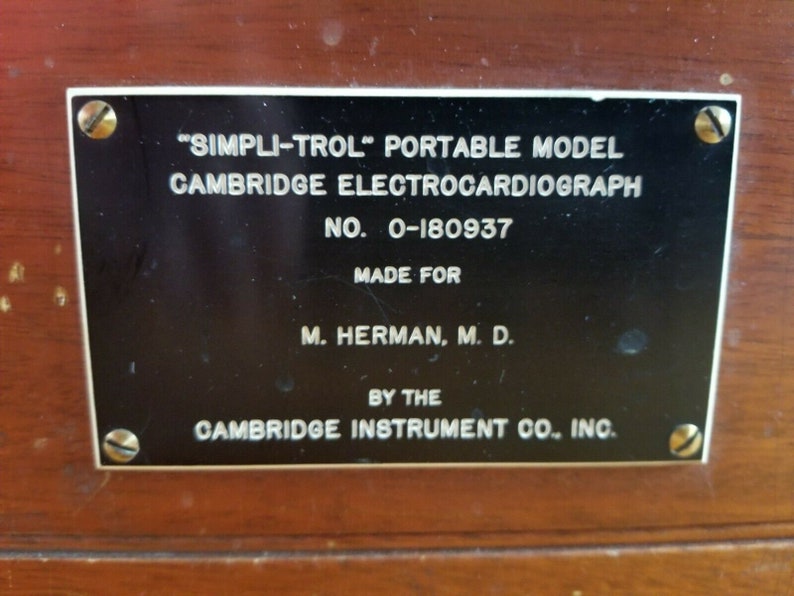
If you have hair on the parts of your body where the electrodes will be placed, the care provider may shave the hair so that the patches stick. You may be asked to change into a hospital gown. What you can expectĪn electrocardiogram can be done in a health care provider's office or hospital. These can often affect the results of an ECG. Tell your health care provider about any medications and supplements you take. No special preparations are necessary for a standard electrocardiogram. Some people develop a slight rash where the patches were placed. You may have minor discomfort, similar to removing a bandage, when the electrodes are removed. The electrodes only record the electrical activity of the heart. There is no risk of electrical shock during the test because the electrodes used do not produce electricity. Pulmonary atresia with ventricular septal defectĪn electrocardiogram is a safe procedure.Pulmonary atresia with intact ventricular septum.Premature ventricular contractions (PVCs).Orthostatic hypotension (postural hypotension).Ejection fraction: What does it measure?.Electrocardiogram (ECG or EKG) care at Mayo Clinic.Some devices automatically record when an irregular rhythm is detected. You generally push a button when you feel symptoms. You can wear it longer than a Holter monitor, typically 30 days.
VINTAGE CARDIOGRAPH EK BURDICK PORTABLE
This portable device is similar to a Holter monitor, but it records only at certain times for a few minutes at a time. A Holter monitor is a small, wearable device that records a continuous ECG, usually for 24 to 48 hours. A health care provider might recommend remote or continuous ECG monitoring. If symptoms tend to come and go, they may not be detected during a standard ECG recording. But if you have a family history of heart disease, your health care provider might suggest an electrocardiogram as a screening test, even if you have no symptoms. The American Heart Association doesn't recommend using electrocardiograms to assess adults at low risk who don't have symptoms. Weakness, fatigue or a decline in ability to exercise.Dizziness, lightheadedness or confusion.You may need an ECG if you have any of the following signs and symptoms: How well certain heart disease treatments, such as a pacemaker, are working.



 0 kommentar(er)
0 kommentar(er)
